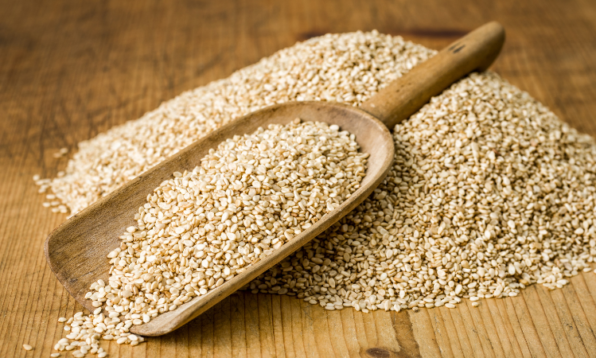Polycystic ovary syndrome, or PCOS, is one of the most common ailments affecting women across the world. Studies have shown that up to one in 10 women worldwide suffers from PCOS. This is an endocrine disorder that causes hormonal imbalance and metabolism problems. Obese PCOS, or PCOS that leads to weight gain, is the most commonly known. But there is also lean PCOS, which is when it affects women who are not obese or overweight.
Related: Your Quick Guide to PCOS
What is lean PCOS?

Lean PCOS is when a person with ovaries, in their ideal BMI range, is affected by PCOS. Since one of the major signs of PCOS is unhealthy weight gain, in addition to other symptoms like hirsutism and delayed periods, it is easier to diagnose them. Lean women, on the other hand, go undiagnosed for years. Since there is no weight gain, women suffering from lean PCOS often don’t present any external symptoms. In a majority of cases, women suffering from lean PCOS are diagnosed when they have trouble conceiving.
Symptoms of lean PCOS

Some of the common symptoms of lean PCOS are:
1. Insulin resistance
Regardless of which type of PCOS you suffer from, insulin resistance is a common symptom. This happens when the cells in your liver, fat and muscles don’t easily take glucose from the blood. To combat that, the pancreas makes more insulin to help glucose enter the cells.
2. Irregular periods
This is another common symptom of PCOS. Usually, this does present itself in cases of lean PCOS, but there are cases where women do have regular periods even though they have lean PCOS.
3. Infertility
In a lot of cases, lean PCOS is diagnosed when women face trouble conceiving. PCOS is a leading cause of infertility in women worldwide, so it’s not surprising that a major symptom of lean PCOS is infertility.
4. Hirsutism
This is another common symptom of PCOS, but in the case of lean PCOS, it may or may not present itself. But if you see a sudden growth of hair on the face, chest, and back, it might be time to get tested for PCOS. This happens because there is an increase in the male hormones, androgens.
5. Elevated LH: FSH ratio
In healthy women, the LH: FSH ratio generally lies between 1 and 2. However, in the case of PCOS, this is reversed. It is due to the raised LH: FSH ratio that ovulation doesn’t occur in women with PCOS. The LH/FSH ratio tends to go higher in leaner women, which further leads to subfertility.
6. Anxiety and stress
Anxiety and stress are known to have effects on one’s health. It is not uncommon for women with PCOS to have anxiety, stress, and in some cases, depression as well. In fact, some women experience PCOS symptoms in high-stress situations as well. A study has shown that women with lean PCOS are more likely to have anxiety problems and lower resistance to stress.
How to treat lean PCOS

1. Regular exercise
In the case of lean PCOS, women don’t need to lose weight, but they still need to maintain a healthy lifestyle. While exercise doesn’t treat PCOS, it helps manage the symptoms of PCOS. For women with lean PCOS, it is recommended to include strength training and HIIT into their workout routine. Adding cardio into the routine will also help.
2. Healthy eating habits
Nutrition is another important way to manage lean PCOS. Include protein-rich food in your diet to manage the glycemic load in your body. Also, add lots of vegetables, high-fibre fruits like apples, omega-3 fats like fatty fish, and other healthy fats like flaxseeds, almonds, and chia seeds to your diet.
3. Stress management
Stress produces cortisol in the body which further leads to the accumulation of fats in the abdomen around the organs. This is bad because the increase in fat in the body will increase the severity of PCOS as well. So, indulge in activities that will help reduce stress. Yoga, meditation, knitting, and gardening are some activities that can help you deal with stress.
Images Source
Featured Image Source
Related: PCOS Friendly Diet: The 7 Do’s and Don’ts To Control PCOS Symptoms

 Web Stories
Web Stories











